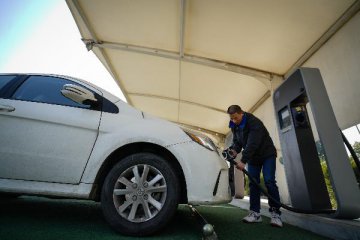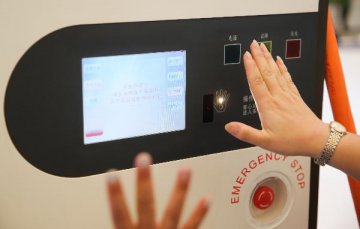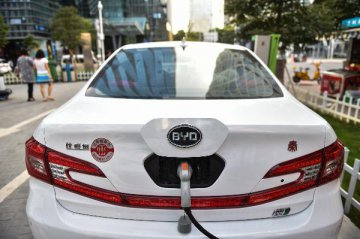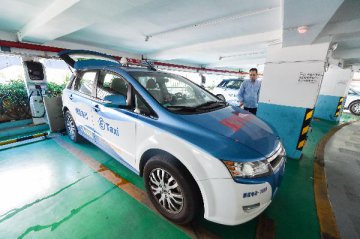
Electric vehicles (EVs) are rapidly gaining traction in China as a viable alternative to traditional internal combustion engine (ICE) cars, finds a recent KPMG survey.
The report, titled Consumer Insights on New Energy Vehicles in China, in association with AutoForesight, finds that 57 percent of new energy vehicle (NEV) owners and 76 percent of potential owners view EVs as more economical and environmentally friendly than ICE cars.
State subsidies and free licence plates are also key factors for purchasing an EV, especially in densely populated cities that enforce licence plate quotas. Meanwhile, potential owners view lower maintenance costs and environmental protection benefits as the main reasons to purchase an EV.
The key driver for both owners and potential owners to opt for an NEV is brand awareness, with a mix of international and domestic brands gaining recognition from respondents. Other key drivers are product quality and professional service for owners, and industry leadership and the maturity of NEV technology for potential customers.
The survey also finds that current NEV owners and potential buyers have quite a positive attitude towards the sharing economy regarding EVs. When it comes to choosing self-driving EVs from car-sharing services, 65 percent of all respondents agree they would use this service, while acknowledging that they would still want to own their car.
“With EVs gaining traction in the China market and getting more acceptance in society as a real alternative to traditional ICE vehicles, Chinese consumers are raising the bar regarding their expectations of EVs to fulfil their mobility needs,” says Huu-Hoi Tran, partner and China Head of Automotive, KPMG China.
“Chinese consumers realise that technology needs to improve in order to ensure safety. However, they have very clear expectations about how they see the role of EVs for themselves, as well as for society. In a nutshell, EVs should meet their mobility needs – commuting and reasonable charging speeds, for example – and be environmentally friendly.”
NEV consumers have clear expectations regarding driving range, charging speed and convenience, but they have an even clearer expectation about NEV prices. Most of these consumers want NEV prices to be the same or less than 125 percent the price of a similar gasoline car, says Yale Zhang, Founder of AutoForesight.
“However, NEVs nowadays usually have a retail price that is double or even triple the price of similar traditional cars. For car makers, there are just four years left to lower their costs before all subsidies are phased out by the end of 2020. Otherwise, consumers in the cities without car licence plate control policies might be reluctant to buy NEVs.”























Latest comments